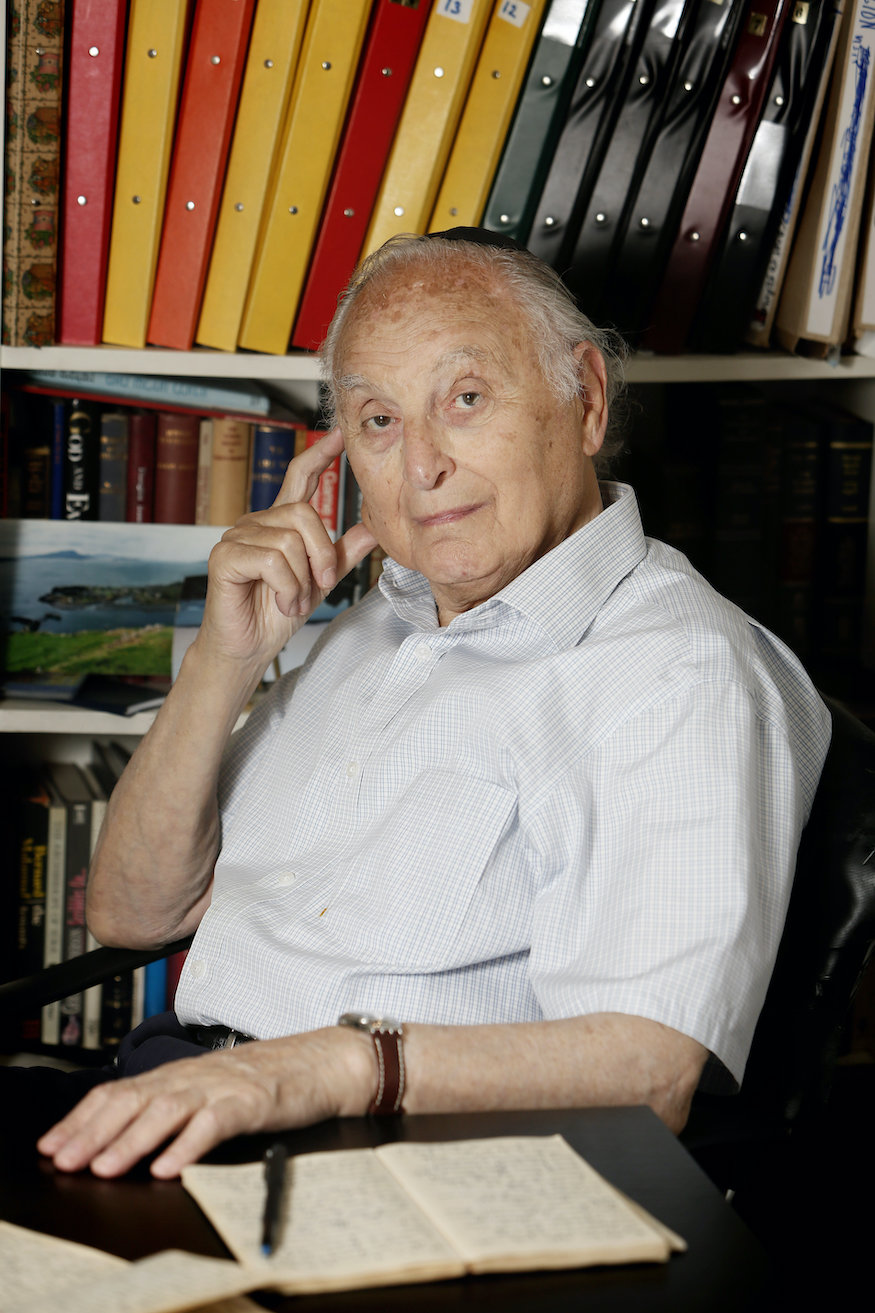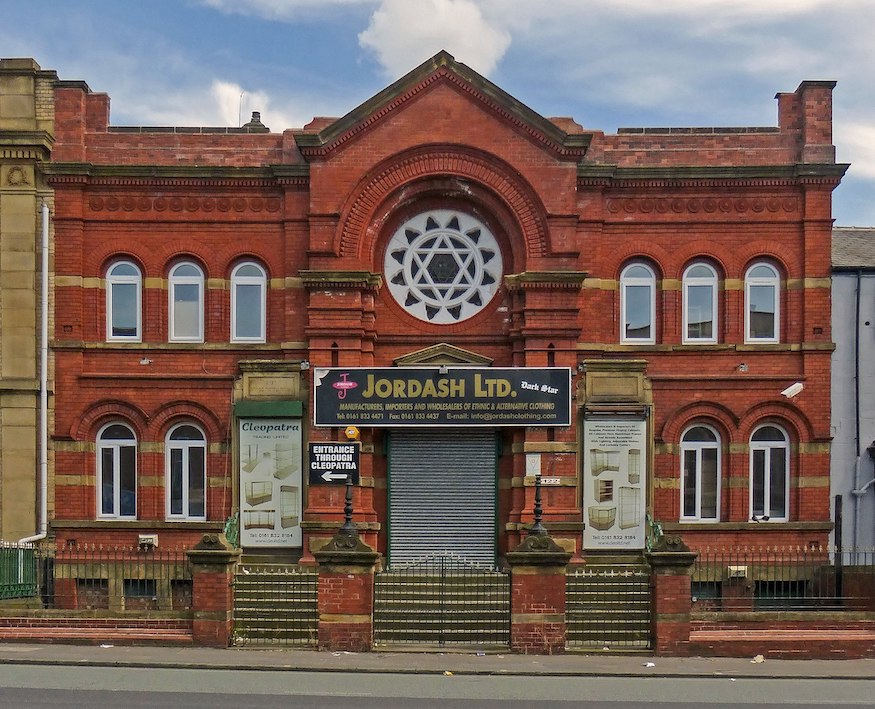The Man Who Never Gave Up
In the summer of 1947, just months before the founding of the State of Israel, an event took place which would have far reaching effects on the life of English Lawrence Haffner: and also the history of modern Israel.
Just two years after the war, that summer was a difficult one for the people of Britain. Following Nazi bombings of civilians, much of the country was in rubble. Food was rationed, the economy in ruins and European refugees were flooding into Britain. 3,000 miles away in Mandate Palestine, the British were trying to hold on to a crumbling empire and keep favour with the oil-rich Arab world by preventing Jewish refugees from entering their homeland.
“In the summer of 1947 the British were trying to hold on to a crumbling empire and keep favour with the oil-rich Arab world by preventing Jewish refugees from entering their homeland”
Tensions ran high both at home and abroad. As a reprisal for the British executing three Jewish fighters, the paramilitary Jewish Irgun hanged two British sergeants in a Eucalyptus grove near Netanya. The British national paper, The Daily Express, published a photo of the hanged men, claiming outrage. As a result, mobs of angry English men trashed Jewish shops in Manchester, threw bricks at Jewish passers-by, and even tore down the canopy of the city’s Great Synagogue. The whole business was a chilling reminder of Kristallnacht, though it was fortunate no one was killed. Like thousands of German and Austrian Jews 10 years earlier, the riots were enough to cause many British Jews to pack their bags and leave.
Among the fleeing refugees, was 19-year-old Lawrence Haffner, a passionate Zionist and recent graduate of high school. He hopped on a boat to British Mandate Palestine and wasted no time upon to utilise the mounting global pressure on Britain for their refusal to admit Jewish refugees. Once allowed into the country, he changed his name to Yehuda Avner, and months later was fighting in Israel’s War of Independence.
“Yehuda knew that the world would continue to stand by, and it is up to the individual to make a difference”

Portrait of Yehuda Avner, Israeli former prime ministerial advisor and diplomat, in his office in Jerusalem. July 30, 2013. Photo: Miriam Alster/FLASH90
Having contributed greatly to the war, the restless and driven Yehuda founded Kibbutz Lavi in the Galilee and soon was working for the Israeli Foreign Office. For more than twenty years, his career involved working for five Israeli prime ministers. With his impeccable English and love for language, he worked as a speechwriter and secretary for Golda Meir and Levi Eshkol. His achievements were so impressive that he later became advisor to Yitzhak Rabin, Menachem Begin, and Shimon Peres.
Because of his work, more than any other Israeli, Yehuda was privy to the daring operations that Israel conducted to save her people. He knew the ins and outs of the likes of Operation Entebbe, the bombing of the Iraqi reactor and the historic signing of the peace accords with Egypt.
One would think that after so many achievements a person would gladly retire: but not Yehuda Avner. After serving as ambassador in various countries, he set his mind to writing. One of his books, has the compelling title of “What if Israel had been established in 1938 instead of 1948?” But for Yehuda, it wasn’t just a title of what would become a best-seller. For the young man from Manchester who had lived through the destruction of Europe’s Jews, and months later had fled from what he thought was his home, Yehuda knew that the world would continue to stand by, and it is up to the individual to make a difference.






